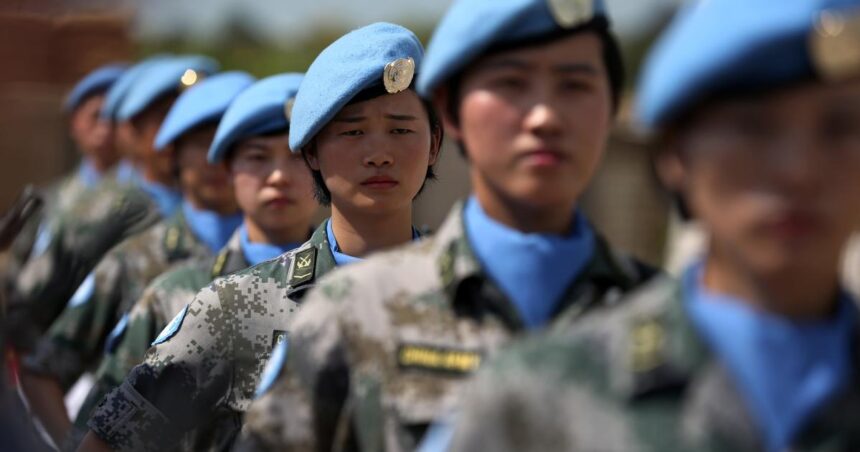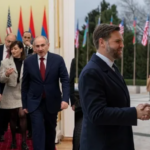Summary by Geopolist | Istanbul Center for Geopolitics:
China has been increasingly committed to promoting peace and stability in other countries. However, their efforts in this regard have faced significant challenges in various conflict zones. This article aims to understand the difficulties encountered by China in their peacemaking and peacekeeping efforts and how these experiences may influence their future approach to peace and conflict issues.
Previous research has primarily focused on the role of the state in explaining China’s involvement in peacemaking and peacekeeping efforts. In contrast, this article takes a different approach by examining the diverse range of Chinese actors involved in these efforts and the significant role played by local actors and normative forms of power in shaping China’s broader peace initiatives.
In South Sudan, the article finds that the political ideas advanced by the warring factions and the legitimacy they attributed to United Nations peacekeeping interventions both undermined Chinese efforts and had far-reaching effects on Chinese actors beyond the conflict.
Consequently, these challenges in South Sudan prompted China’s national oil company to adopt new risk management policies for its investments in conflict zones. The experience in South Sudan also influenced China’s foreign ministry, prompting a more cautious approach to conflict resolution in other conflict-affected countries and emphasizing the importance of peacekeeper safety and supporting peacekeeping intelligence at the United Nations.
Source: DISS – Danish Institute for International Studies







